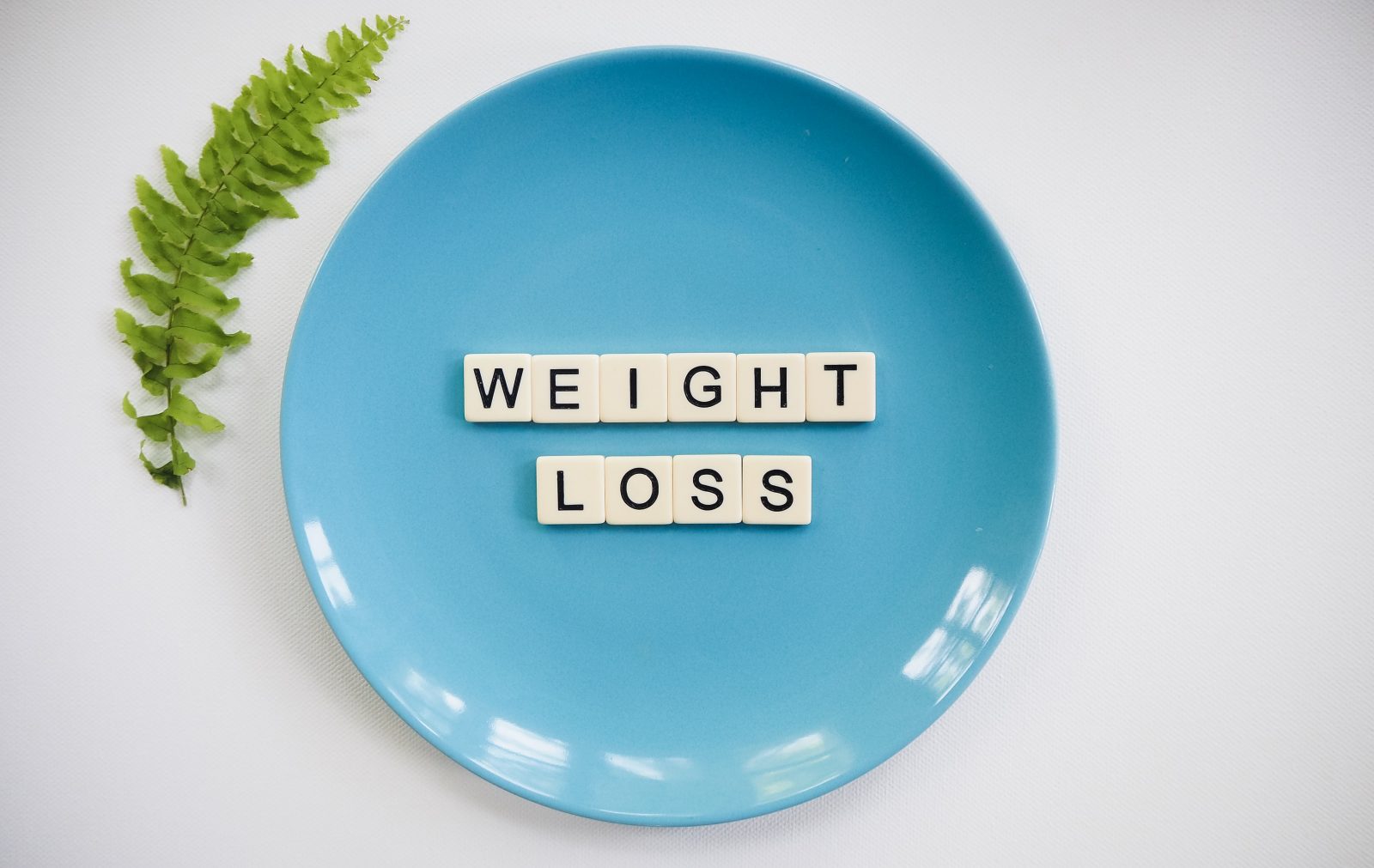Today we want to discuss what kinds of foods you can eat on the Noom Diet Plan, If you are looking for an efficient weight loss plan, there are many options to choose from, and Noom is one of the best options. It is a dieting approach that uses a combination of calorie tracking and food, together with behavioral changes. Usually, the diet is designed to create a calorie deficit for weight loss. It is delivered through an app that presents mindset strategies to help its users to stick to the diet plan.
Compared to most fad diets, the Noom diet pushes you to make long-term lifestyle changes and think about the bigger picture instead of a short-term fast. How the Noom dieting app works is similar to having a nutritionist, health coach, and trainer all in one place. You are required to download the free app but you should expect membership fees of about $59 per month. Oftentimes, a color-coding system is used to classify the foods in a Noom diet.
That said, here are some examples of the types of food you can eat while on the Noom Diet plan.
What to Eat
Foods in the Noom diet are classified differently, often according to colors to make it easy to identify what you are supposed to eat and what to avoid. Usually, there are three main categories, green, yellow, and red foods.
Photo by on Pexels
Green foods: The green food category is what you will mostly eat when you are on the Noom diet. These are veggie-rich and have low-calorie density and include vegetables, fruits and fat-free dairy. Further examples include apples, sweet potatoes, carrots, spinach, broccoli, almond milk, blueberries, brown rice, peppers, cucumbers, peas, strawberries, bananas, and mushrooms, etc. Most of the foods under this category are filled with fiber which helps to keep you full for a longer period of time. This way, you don’t have to worry about snacking in between meals because of hunger. The best part is that these foods can be eaten in high volumes since they pack calories. This is an advantage since you can eat a lot and still lose weight.
Yellow foods: These are more protein-heavy when compared to the green food category and should be eaten more moderately. You might not want to eliminate foods like fish and lean meat which provide protein and have other benefits to the body. The best thing to do is to control the portion size of these foods. Examples of yellow foods include couscous, white bread, avocado, beans, guacamole, humus, white rice, salmon, tuna, avocado, and olives, etc.
Red foods: This category has a high-calorie density that provides very little nutritional value. It contains the types of foods that should be eaten sparingly. Oftentimes, they are processed foods such as pizza. Fiber and water content in red foods is very low, meaning they don’t keep you full for a prolonged period. Also, the lack of adequate water translates to more calories in less space. While nuts are included in the diet, it is important to note that they are very nutritious but are calorie-dense, so it is important to control your portions. Common foods under the red category include chips, cake, beer, hamburgers, crisps, chocolate, juice, whole milk, and orange juice, etc.
Photo by on Pexels
Usually, an algorithm is used to work out the number of calories you can eat when on a Noom weight loss diet. This is determined through your gender, lifestyle, age, gender, height, and weight. The calorie budget differs from one person to the next, although it is usually set below 1,200 for women to make it easy to meet personal nutritional needs and achieve the overall weight loss goal. Also, while the Noom diet does not have specific meal plans that you can follow, it has different recipe ideas that you can choose from, depending on what is most appropriate for you. The biggest advantage is that it gives you the freedom to choose the foods you want as long as you stick to your calorie budget.
Bottom Line
When starting on a new diet, it is crucial to consult with your doctor first. If you want to embark on a weight loss journey, especially for any medical reasons, you will need a health professional to help you set realistic goals and also, help with medical monitoring throughout your journey. While some people have suffered disordered eating and others have complex medical histories, nutrition counseling or medical nutrition is vital in order to get a personalized approach to your weight loss journey and health in general.
Read more lifestyle and health articles at ClichéMag.com
Images provided by Flickr, Unsplash, Pexels, Pixabay & Creative Commons





